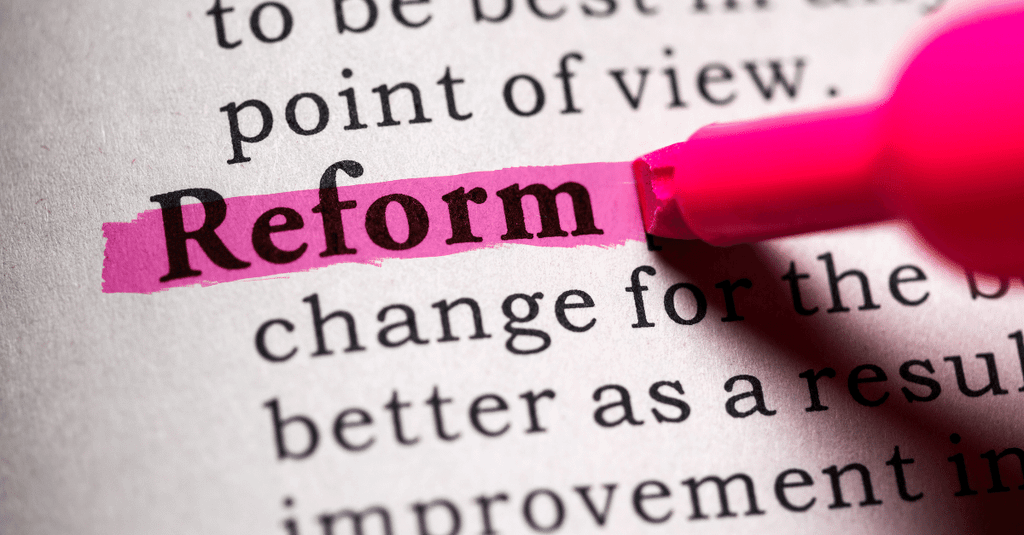- Guidance
Innovating, hiring, and working in France: it has never been easier

Since 2017, France has engaged in a vast program of structural and labor law reforms in its economy. Inspired by the Swedish social model and Danish flexicurity, these reforms aim to simplify economic life to improve productivity, competitiveness, and sustainability. Starting a new business in France is now easier than ever, administrative paperwork has been reduced, and labor law is more flexible.
1 goal of these reforms: fit the economy, the labor law, and the environment
France suffers from some persistent clichés such as “France is an overtaxed country, we are suffocated with taxes!”, or “France is not a flexible country to manage its employees!”, even “French administration slows down more than it helps the economy!” For five years, the French government has aimed to maintain an economic environment conducive to growth, employment, and investment with critical measures about:
- new taxation framework;
- labor law reforms to adapt the social model in France;
- administrative simplification;
- acceleration of the ecological transition.
Read more: France Attractiveness Scoreboard 2021
“In my opinion, […] the first [critical factor in economic transformation] is adaptability, the flexibility provided to companies and employees by social dialogue. The second is training, apprenticeship, and unemployment insurance. I should now like to see far-reaching reform of the philosophy behind business practices.”, said President Emmanuel Macron, 15 October 2017.
This vision is close to the spirit of the Nordic models. During the Swedish Prime Minister’s visit to Paris in July 2017, President Emmanuel Macron stated that “[he] has always considered that […] the Swedish model was a real source of inspiration in several respects”. He added that “Sweden has been able to evolve its social model without ever betraying it and by reconciling a model of competitiveness with a real requirement for social justice.”
Read more: Flagship Economic Reforms since 2017
A more flexible tax framework to encourage innovation in France
Corporate taxation has been considerably reduced to encourage investment and facilitate economic recovery. As early as the 2018 Finance Act, corporate taxation was gradually reduced from 33% to 25% in 2022, bringing France closer to the European average. By 2021, corporate tax was 26.5% for the majority of companies.
Production taxes have also been reduced for a total amount of €20 billion for 2021-2022 as part of the France Relance plan. A tax credit also facilitates R&D by deducting up to 30% of expenditure from corporate tax. The research tax credit places France second among OECD countries for R&D financing (source: OECD, 2019)!
The government has also decided to reduce social health insurance contributions. The cost of labor has thus been reduced by six points. The minimum wage reaches €10.54/hour in France, compared to €11.24/hour in Germany (source: Treasury Directorate).
Read more: Overview of business taxation TAX4BUSINESS (Directorate General of Public Finances)
Overhauling the social and labor system and supporting young people
Since 2017, Work Orders have simplified the labor market. It has now become more flexible with a facilitated social dialogue. Following the example of social relations in the Nordic countries, the terms and conditions of fixed-term contracts are currently negotiated directly at the branch level. It is no longer up to the law to determine the duration of fixed-term contracts or the number of new ones. Negotiations will also occur directly at the company level concerning working time or bonuses. Company agreements allow derogations from branch agreements, even if they are less favorable to employees.
Redundancies have been simplified too. Employers can now lay off employees for economic reasons as soon as they notice a drop in orders and a fall in turnover. As new representation bodies have facilitated the social dialogue between employers and employees, disputes before the labor courts (conseil de prud’hommes) have decreased. Compensations are now limited to a maximum amount, even in the case of unfair dismissal.
Read more: 10 insights to grow your business in France about French labor legislation
Since 2020, hiring young people and student apprentices is more accessible under the #1jeune1solution plan, with a bonus of up to €8,000 for each apprentice. In addition, as of 2018, almost €15 billion has been made available under an investment plan to develop skills for young people and job seekers. In addition, to support companies’ international growth, the France Relance recovery plan has set up a V.I.E Stimulus Cheque of up to €10,000 per intern, which is 30% of the cost for a one-year assignment.
Read more: The V.I.E. Stimulus Cheque and the V.I.E. program in the Nordic countries
Less administrative paper, more concrete action
Administrative procedures have been simplified and digitized to encourage economic development by removing useless bureaucratic obstacles. A ‘right to error’ has been introduced to not penalize or punish companies systematically for the slightest unintentional mistake. From 2017, the Action Plan for Business Growth and Transformation (ACTE) also removes obstacles by simplifying business creation and job creation. In particular, authorities have set up a digital platform to create a company with a few clicks!
Read more: Liberated companies that are better funded, more innovative, and fairer (PACTE plan)
Staying on track, despite the crisis
In the context of the covid-19 crisis, the government wanted to preserve the French economy “whatever the cost” in the words of Emmanuel Macron. The French government took emergency measures to help companies in difficulty from the first months. In addition to the €100 billion France Relance recovery plan, the €30 billion France 2030 investment plan is an opportunity to modernize the industry. These massive investments have completed the government’s strategy to support growth and employment since 2017.
Read more: A Nordic-French comparison of support measures for companies to overcome the pandemic
Contact us for more information about labor law reforms in France or free guidance on your investment project in France.
Article written by Samy Trabelsi
Images credits: © Devonyu (Getty Images)





